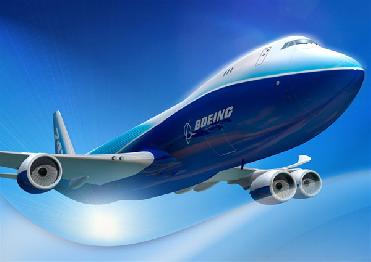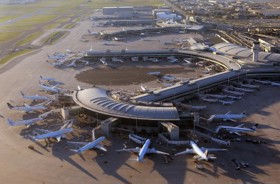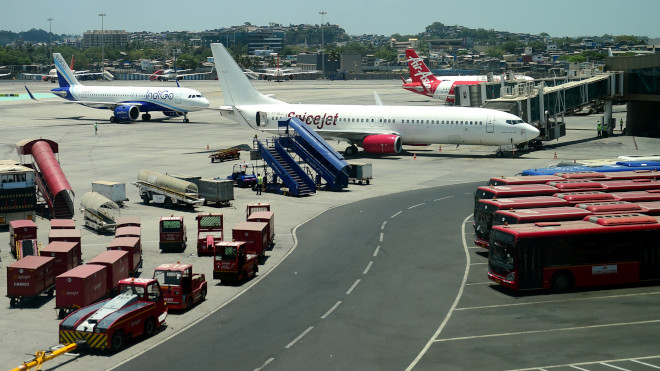
NEW DELHI (BNS): Boeing supplied a record number of 1,413 commercial jets last year, while Bombardier bettered sales of its business jets and an ever increasing hunger of aerospace companies to hire more people has remained intact. With buzzing activity, did anyone say that aviation sector was undergoing recession?
Increasing aviation fuel prices resulting in escalation of operational costs had spread panic of recession in the aviation sector. But the business figures of some of the top companies present a different picture.
Bombardier's Toronto facility had sold 212 business jets in 2006. Last year, it bettered the numbers by delivering 232 aircraft. Boeing created a record of sorts by selling 1413 commercial airplanes. Its previous best was 1044 reported in 2006.
Bombardier was on a hiring spree at its facility in Montreal so that it could keep up with the delivery schedule of its C-series aircraft in 2013.
Industry watchers feel that the demand for new commercial aircraft is growing steadily all across the globe. The aviation fuel price increase has dented the operations but demand for aircraft continues to go up unhindered. The small business jet segment is particularly showing positive growth trends.
As a result, the manufacturers are creating more employment as there was need for engineers and technical work force to keep up delivery deadlines. Aircraft and avionics maintenance specialists are particularly in great demand. Specialised skill labour is always sought after by the manufacturers.
Figures show that average annual demand for business jets at Bombardier between 1998 and 2007 was 720. It is expected to be 1320 per annum by 2017. The jobs created by the sector are moveable not country specific.
Countries like China and India are pumping the demand with their growing market. Analysts predict that despite a slowdown, the sector will see significant growth in the coming months. It is predicted that slowdown would be reversed by next year as prices of aviation fuel have been controlled to an extent. It is expected that they would not go up further. Any arrest in the spiraling prices would have a positive impact on the growth statistics. The intake of workforce, particularly in the manufacturing sector would see a significant rise.
The aviation companies, both the manufacturers and the airlines, have reacted positively to the fuel price hike and have made changes in their business models. If the demand for new aircraft is sustained, it would help in keeping the cash registers flowing.
 Next Article
Next Article













The Indian Air Force, in its flight trials evaluation report submitted before the Defence Ministry l..
view articleAn insight into the Medium Multi-Role Combat Aircraft competition...
view articleSky enthusiasts can now spot the International Space Station (ISS) commanded by Indian-American astr..
view article